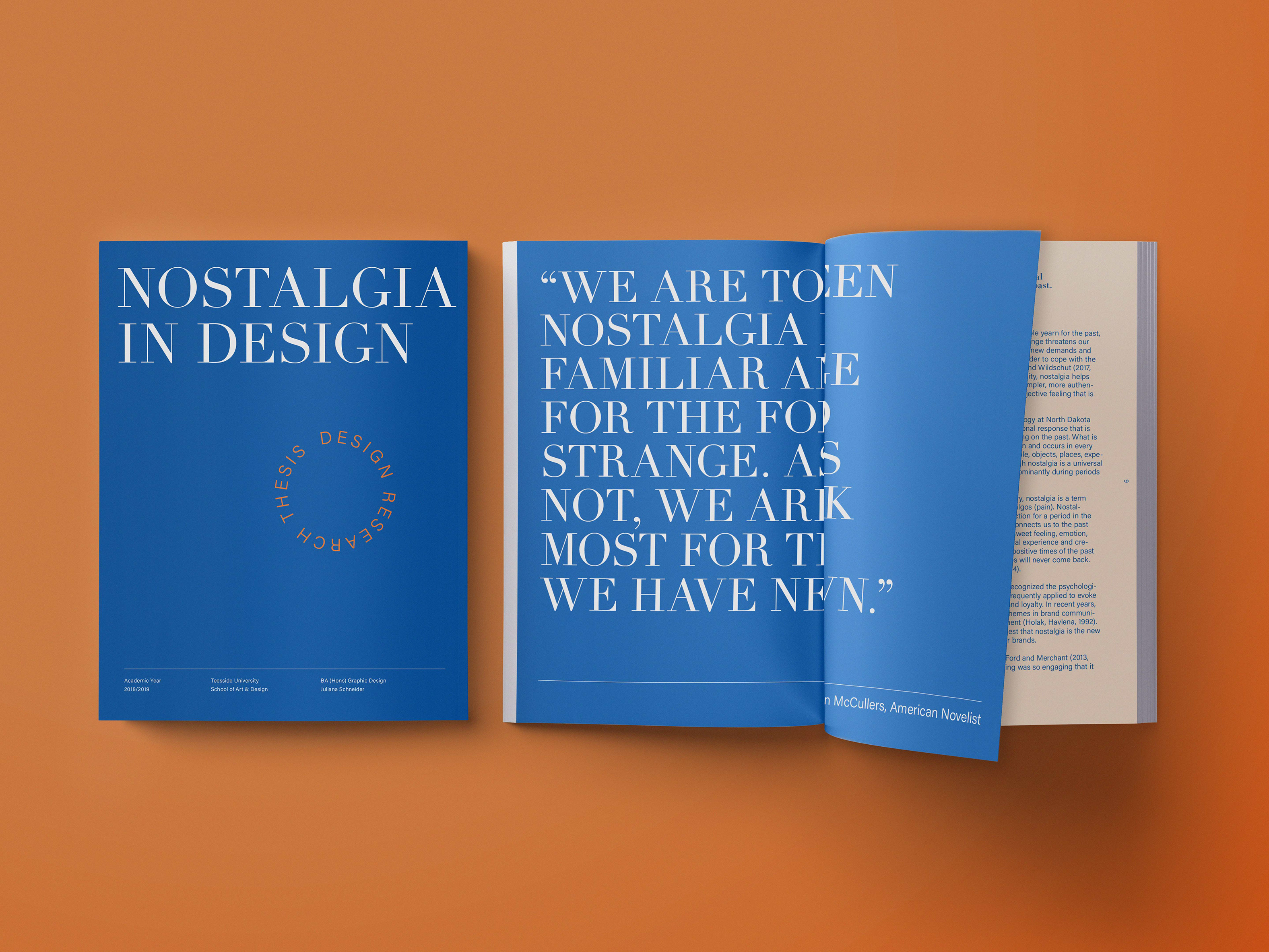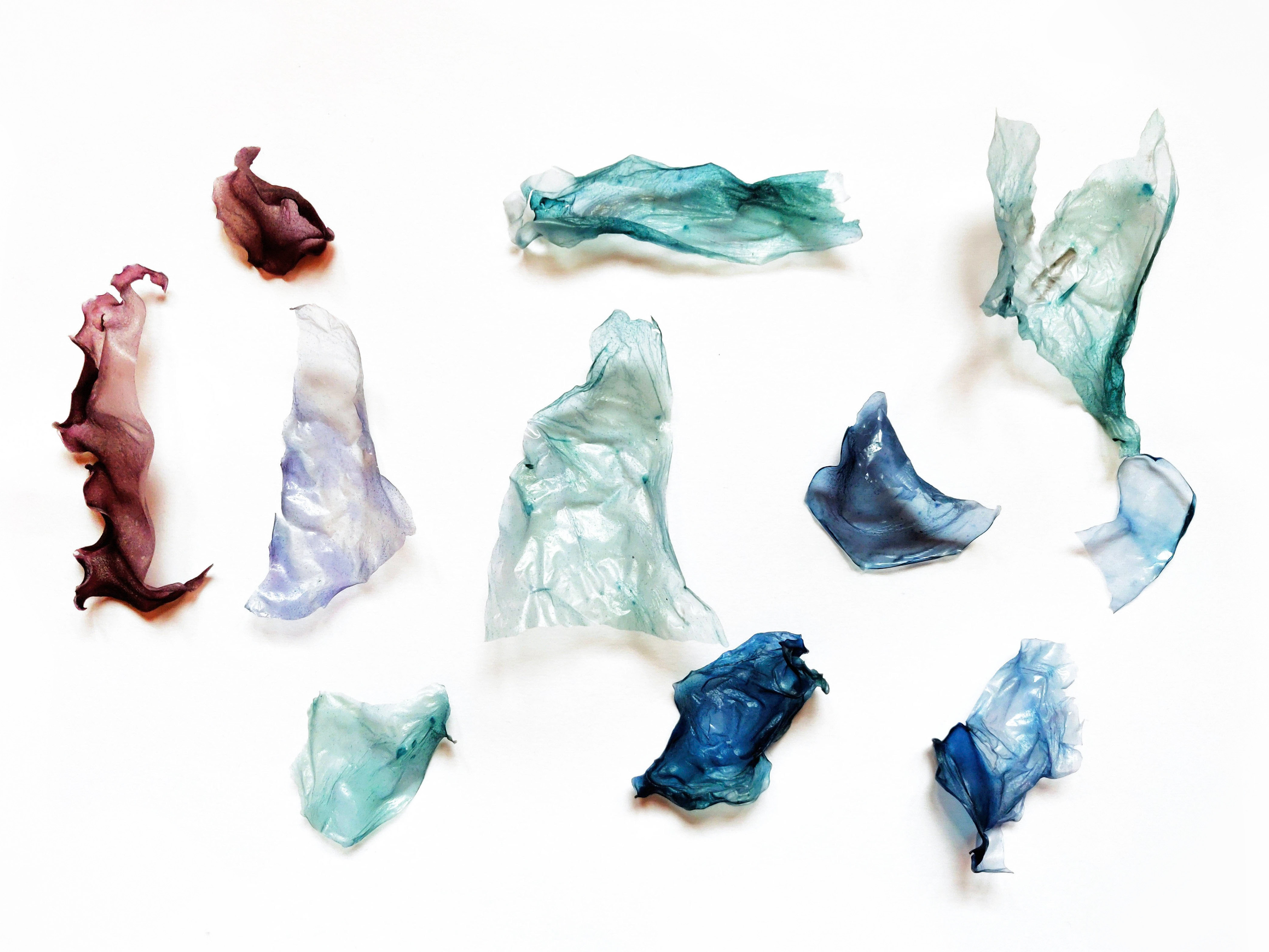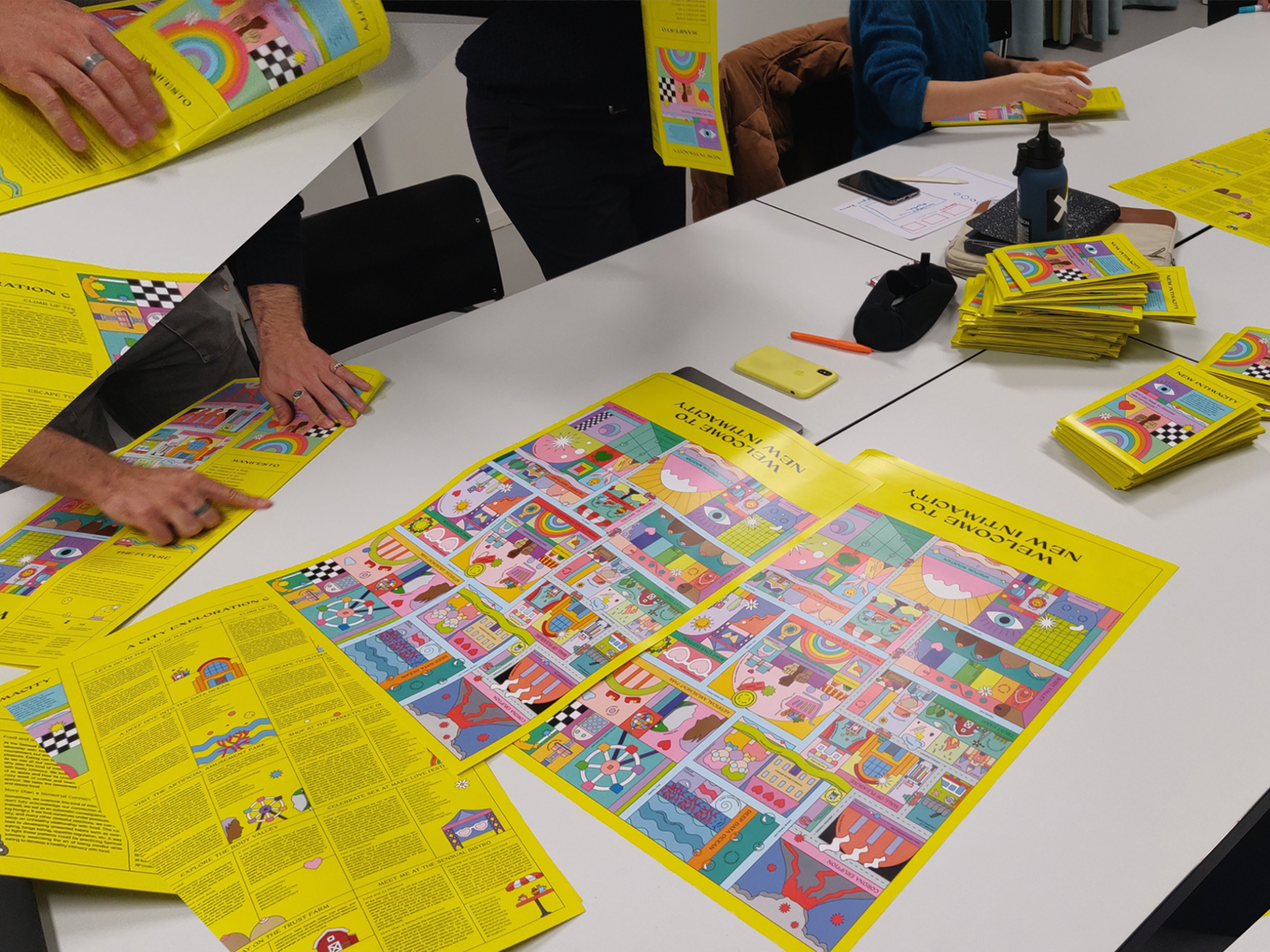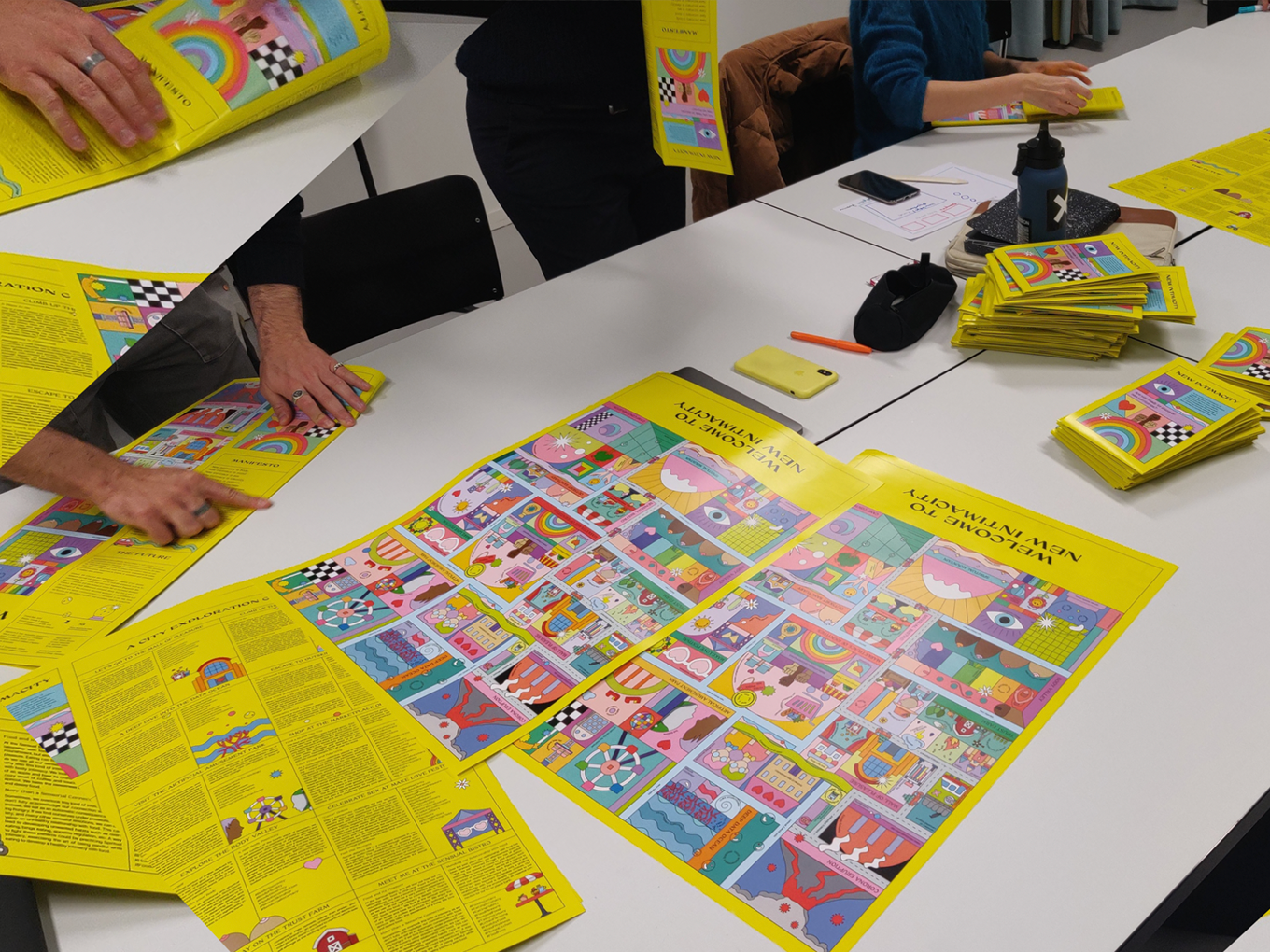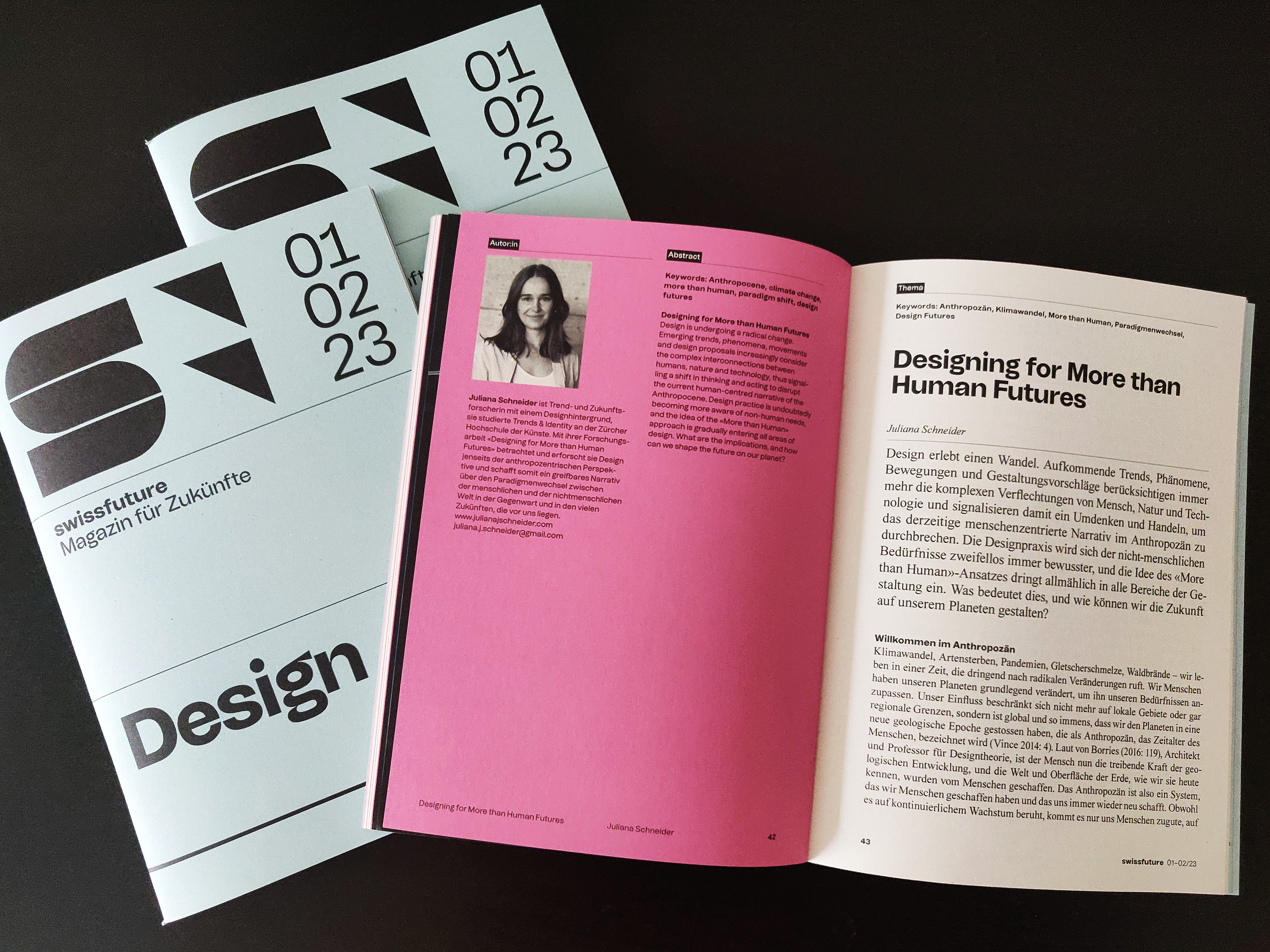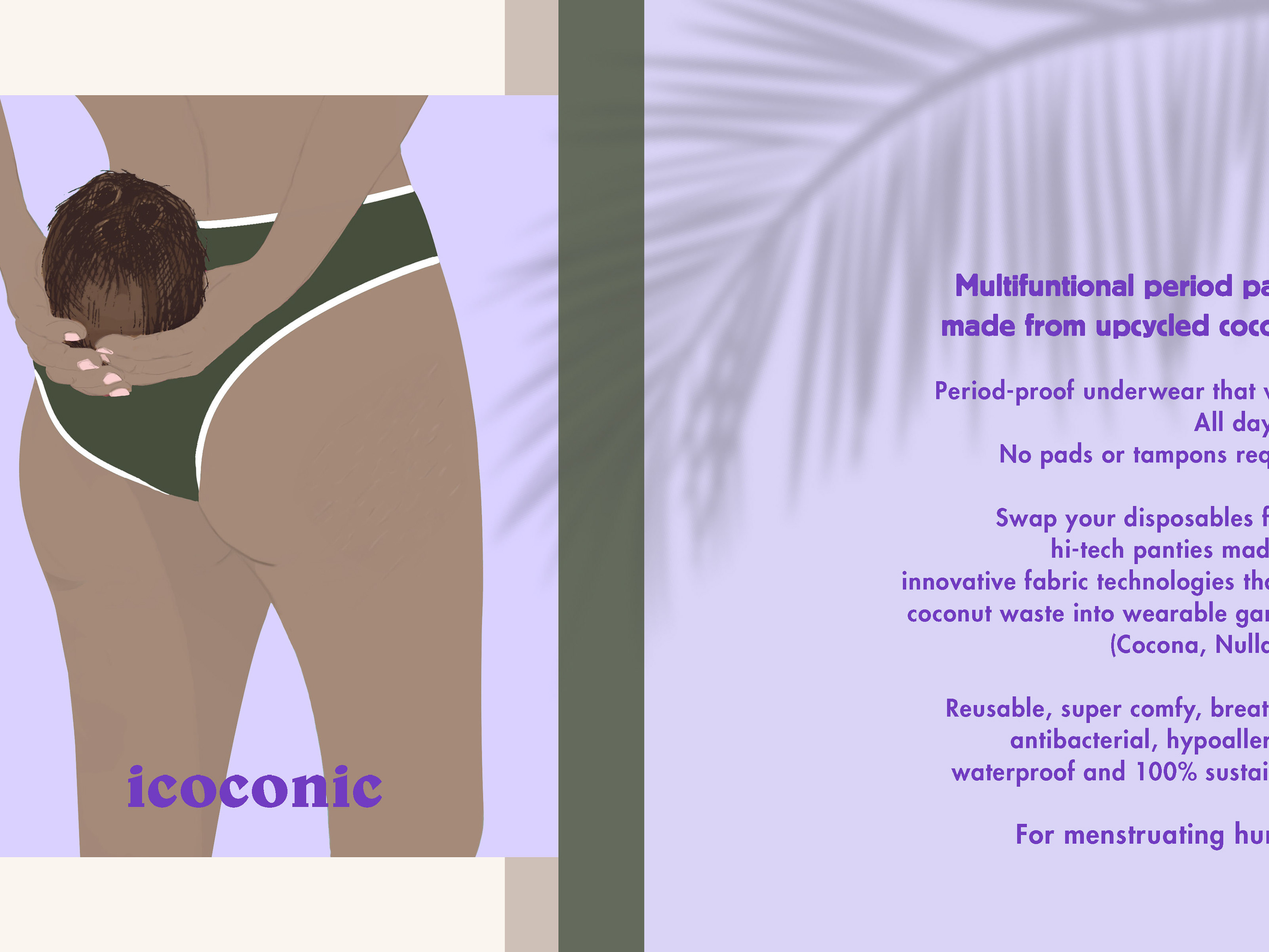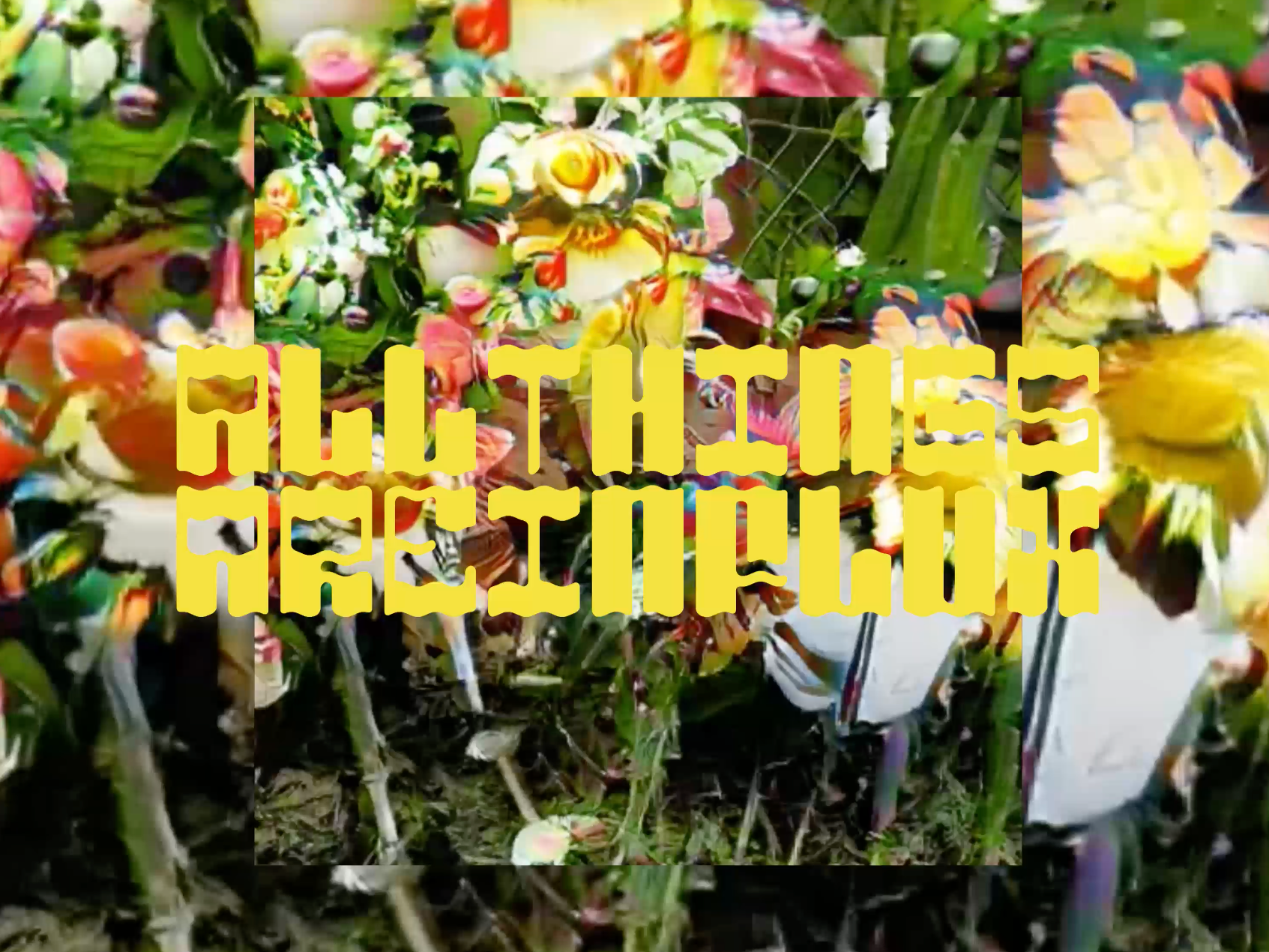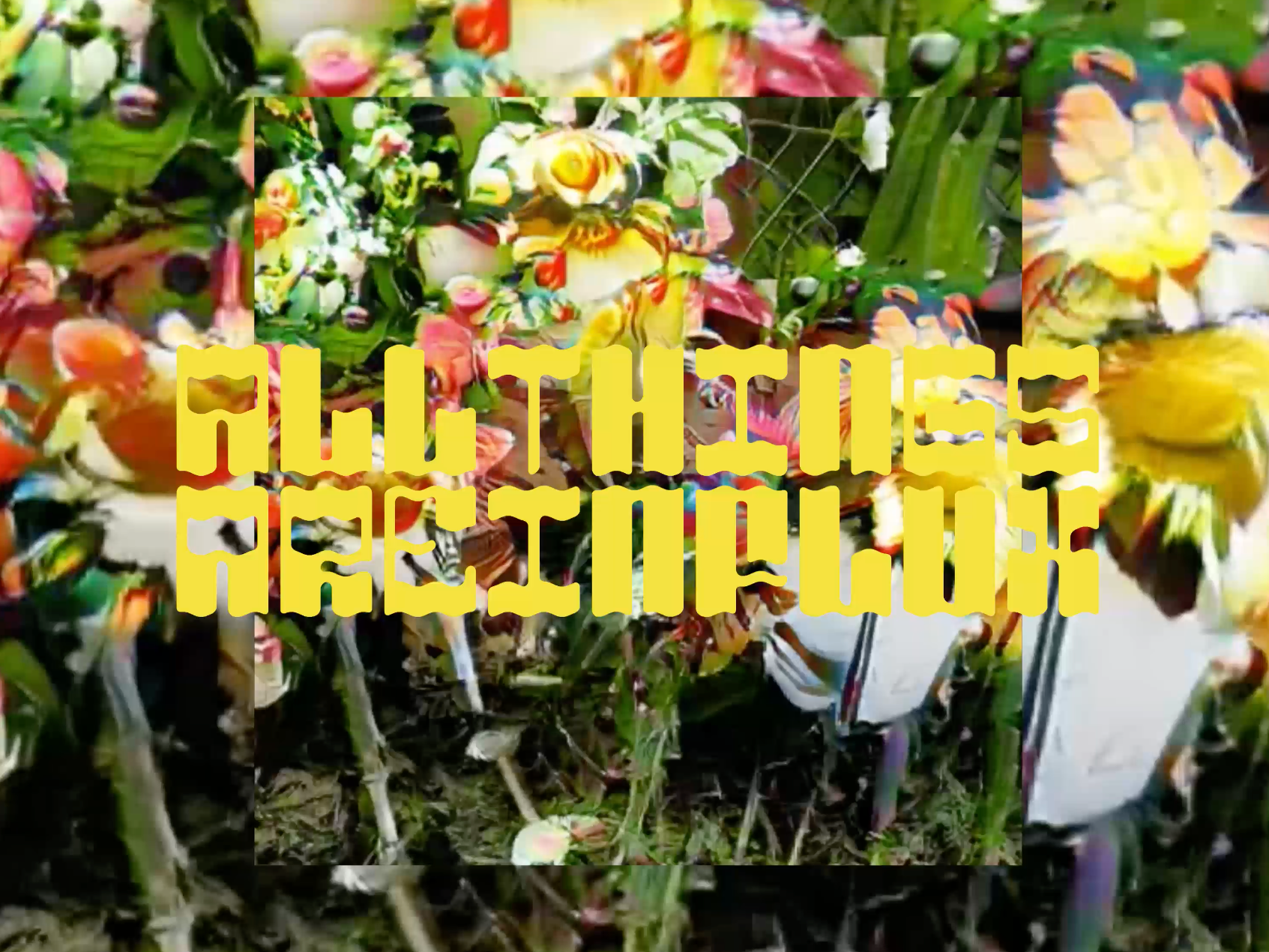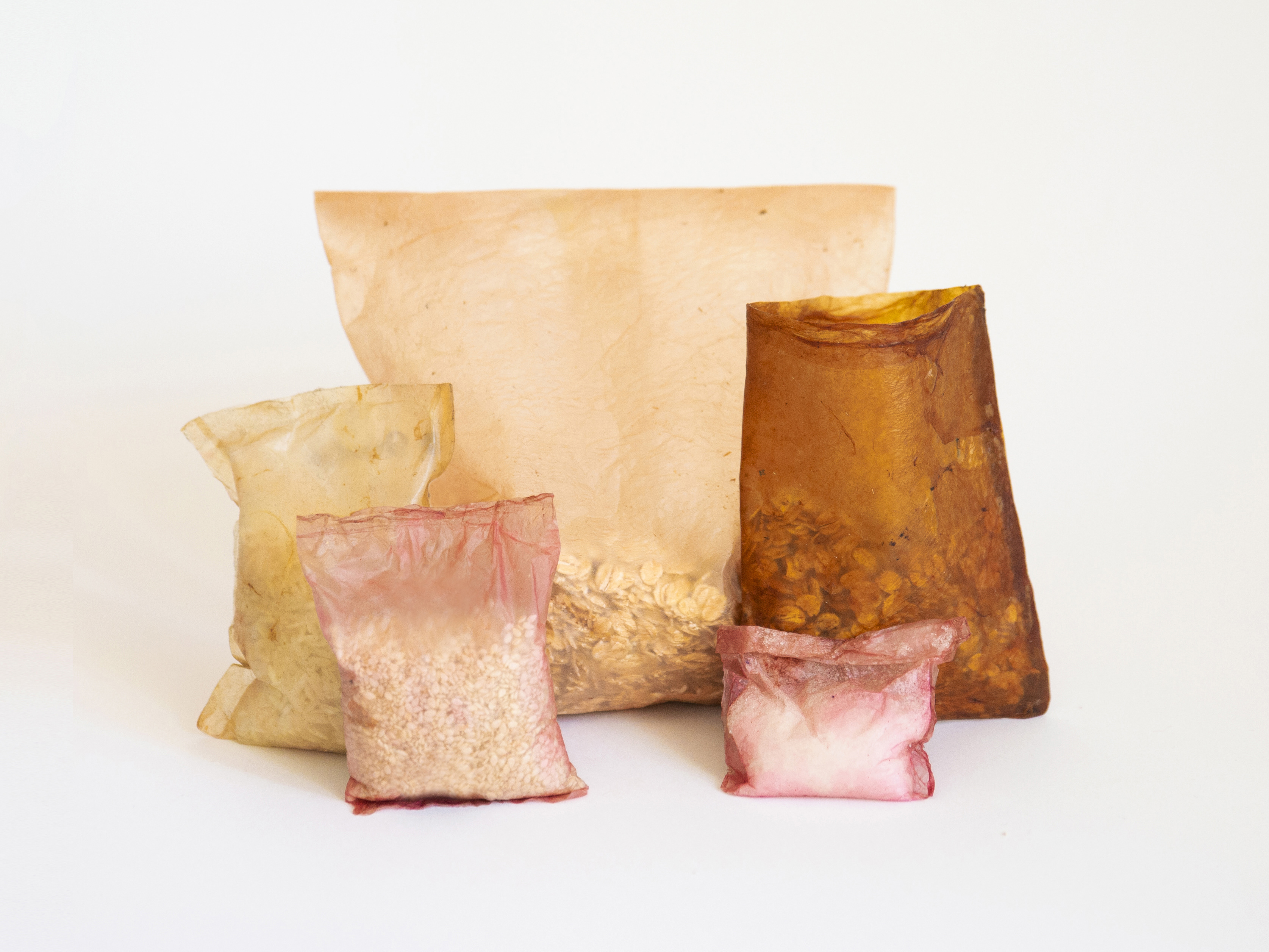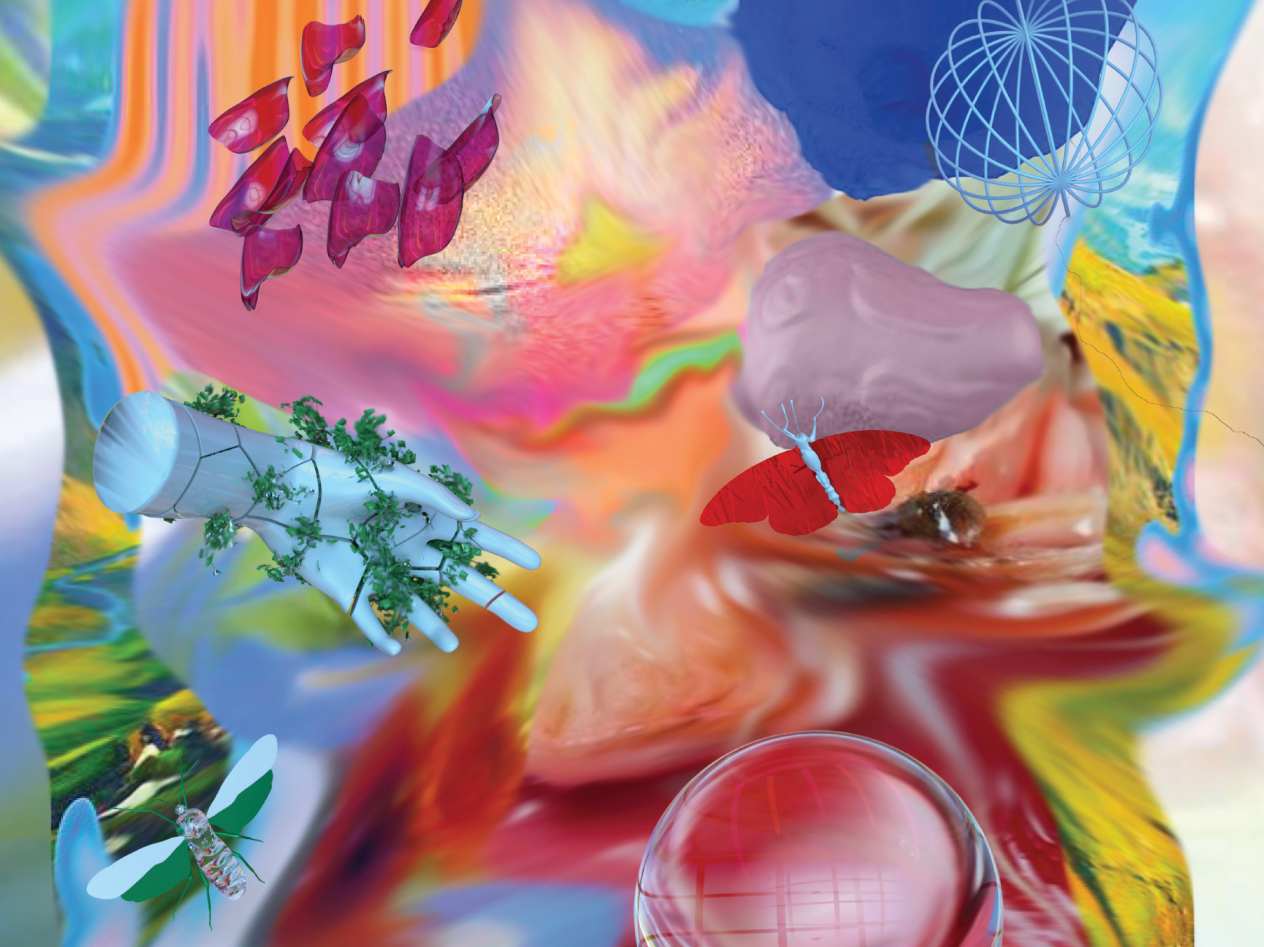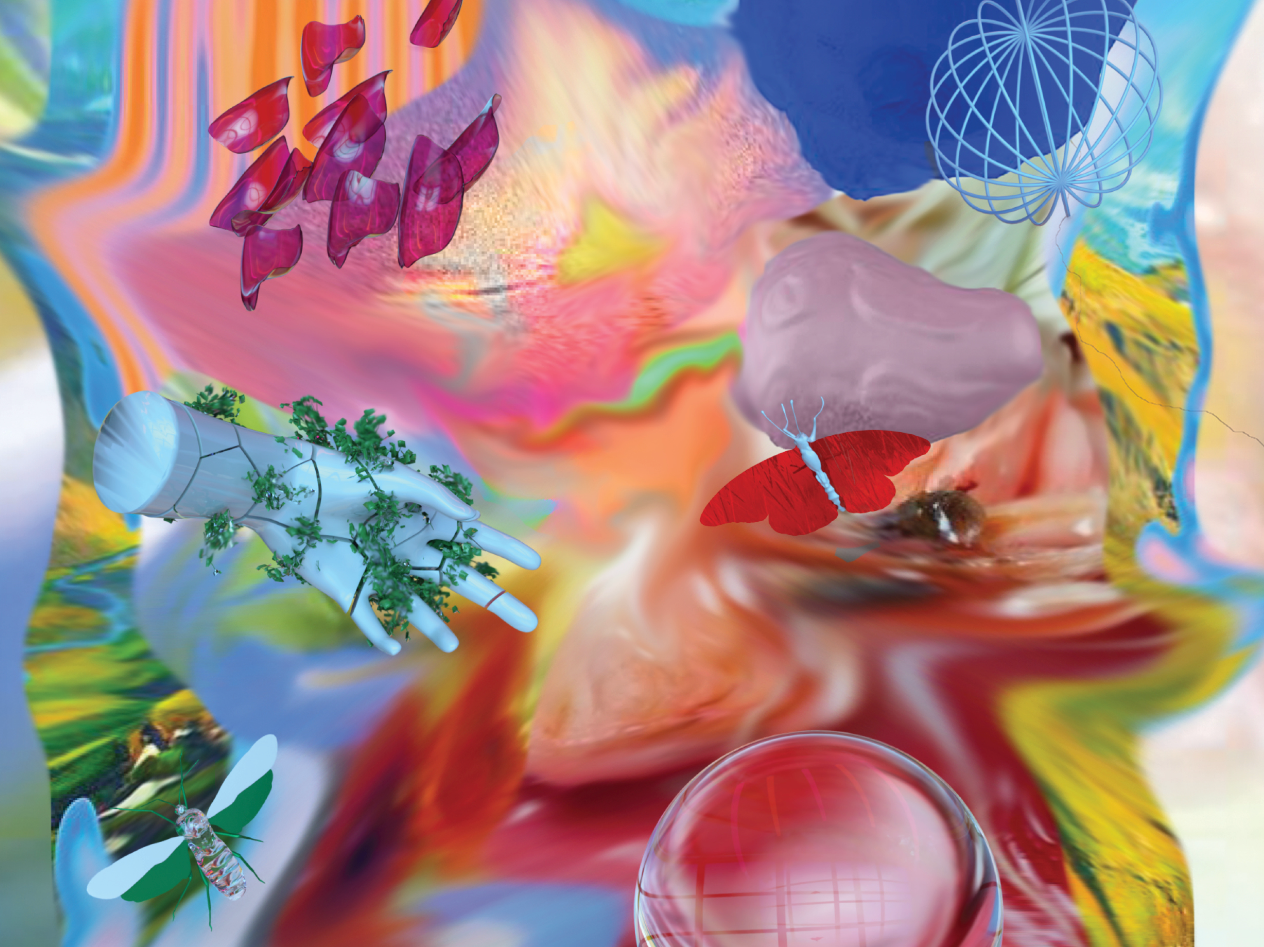Click here to watch a video of me talking about this project.
Please note that beyondhumanity.design is currently unavailable as I am working on a new website.
HOW CAN DESIGN CONTRIBUTE TO DISRUPT HUMAN-CENTERED REALITIES IN THE ANTHROPOCENE?
Climate change, species extinction, pandemics, glacial melting, wildfires – we live in the Anthropocene, a time that urgently calls for radical change. We, humans, have fundamentally changed our planet to adapt it to our needs. And we are feeling the consequences.
Designers are increasingly beginning to initiate change, suggesting ways in which we can think and act More than Human. The central questions are: How can we shape the future on this planet? Which new perspectives, concepts, and design strategies are needed to achieve this?
Designers are increasingly beginning to initiate change, suggesting ways in which we can think and act More than Human. The central questions are: How can we shape the future on this planet? Which new perspectives, concepts, and design strategies are needed to achieve this?
Using trend scanning, new design proposals are traced that signal a change in thinking and acting, disrupt the current human narrative and open up More than Human perspectives for the future. Interviews with experts and participatory workshops are used to explore how we can actively shape this change. It becomes clear that a rethinking from the ground up is necessary and that, in addition to a new design language, new symbols and role models, different design strategies are needed, which must be communicated to a young generation at an early stage. Design activism is the foundation.
The result is the activist campaign Apocalyptic Optimists. It travels across different design institutions, disrupting educational settings to raise awareness of the subject and inspire not only young designers but also educators to rethink their practice. This design intervention motivates through its optimistic design and encourages the use of design as a tool for shaping More than Human futures
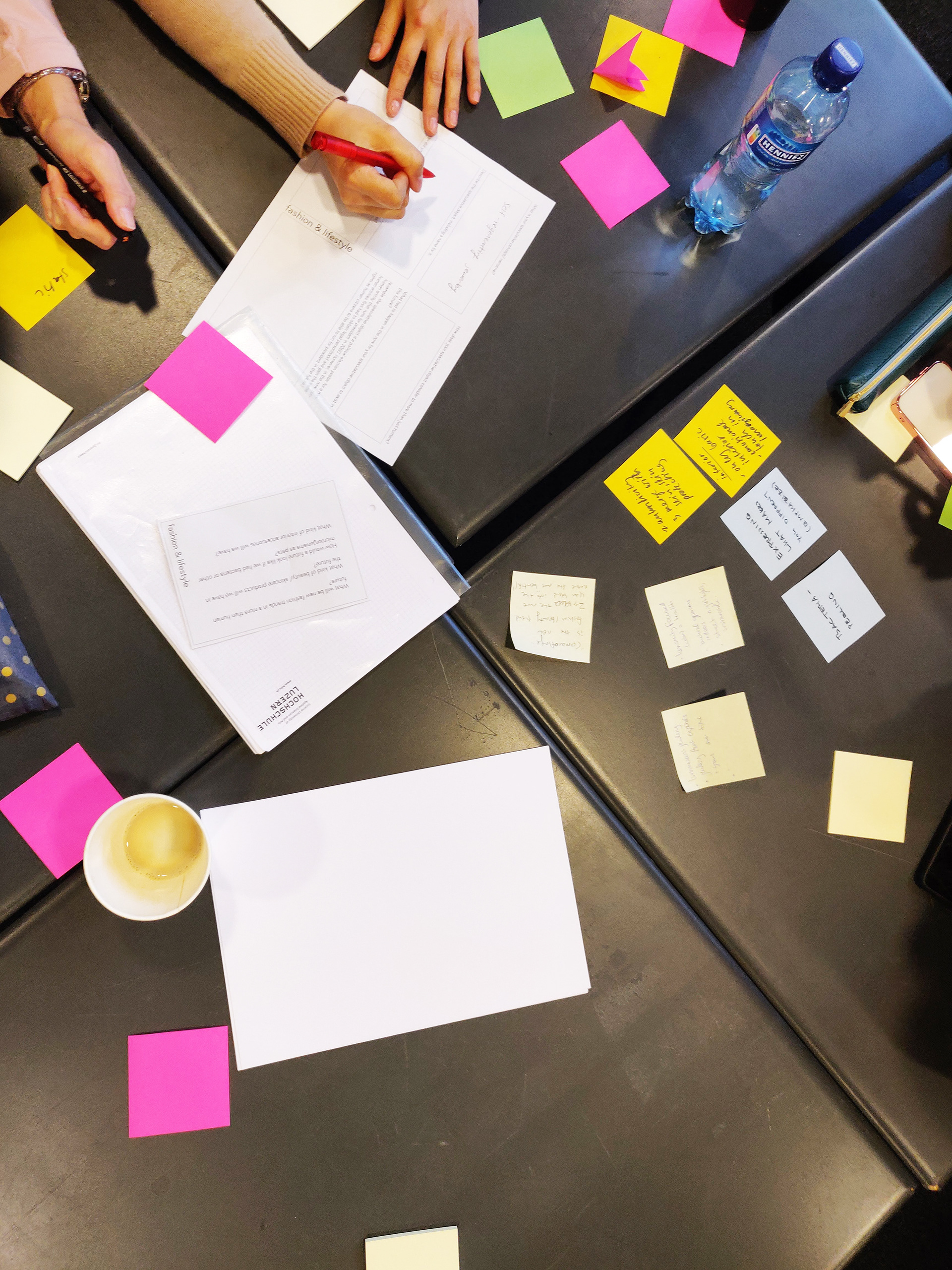
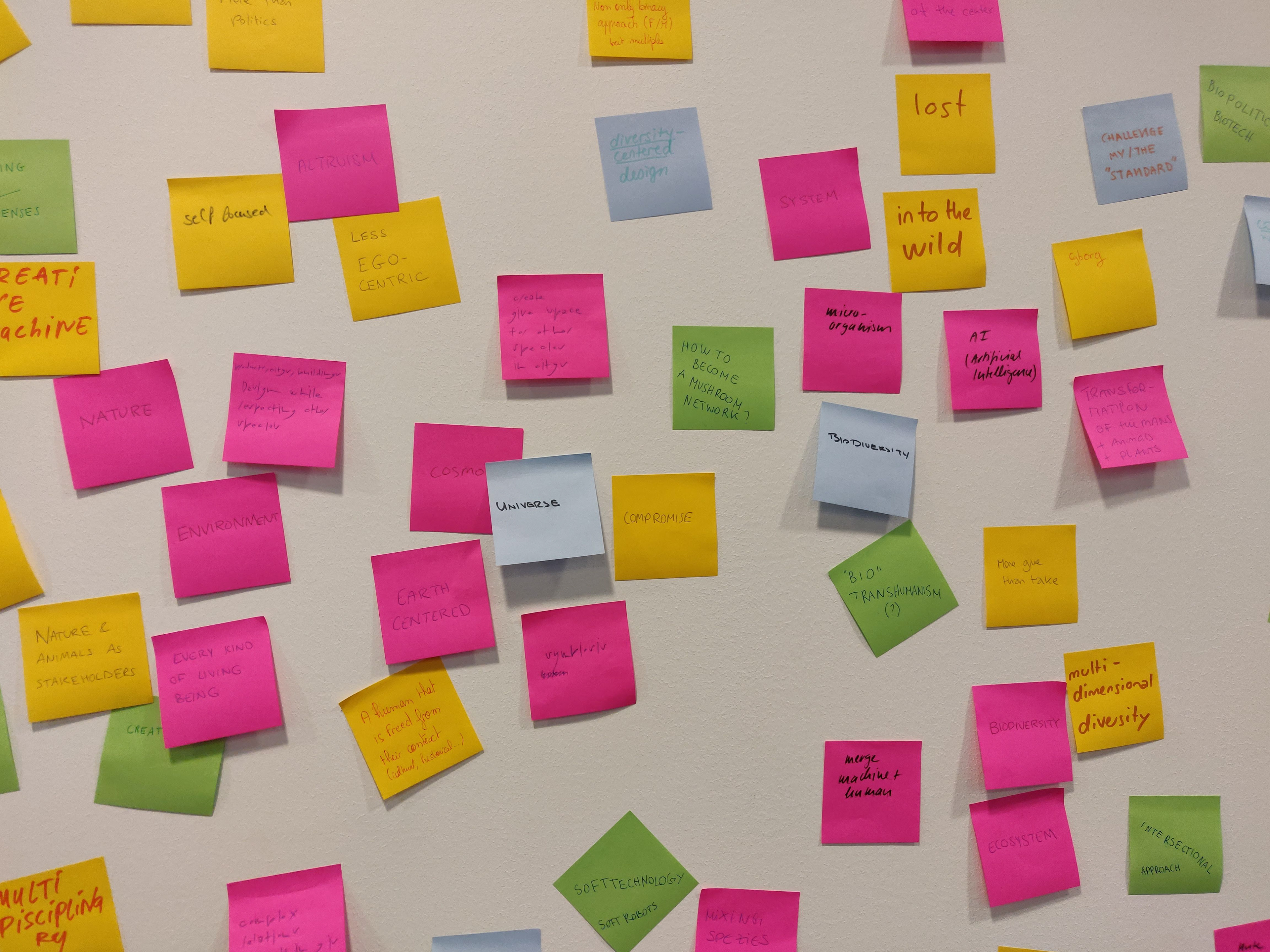
In several workshops, participants were encouraged to question the prevailing design principles of Human-Centered Design. We took journeys into the future and explored what our new reality could look like in a world that considers more than just humans in order to create a sustainable future for all. Through various tasks such as developing speculative scenarios and narratives, designing speculative objects, and creating a "more than human" glossary, participants were encouraged to view sustainability from different, unexpected perspectives, explore new ways in which we can tackle social and ecological challenges in the future, get to know and learn futures thinking tools, and be able to apply the knowledge and tools from the workshop in their own work and projects.
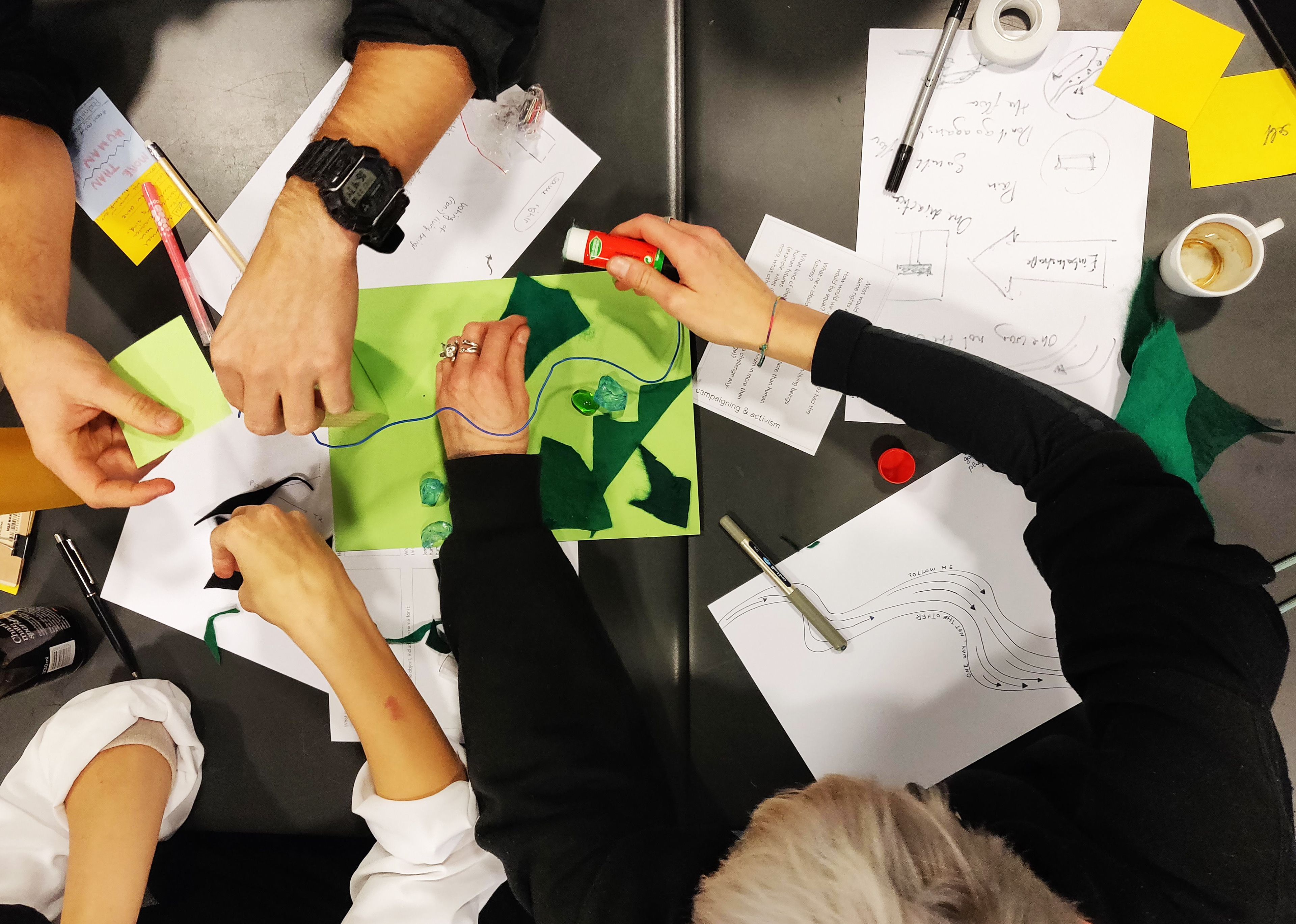
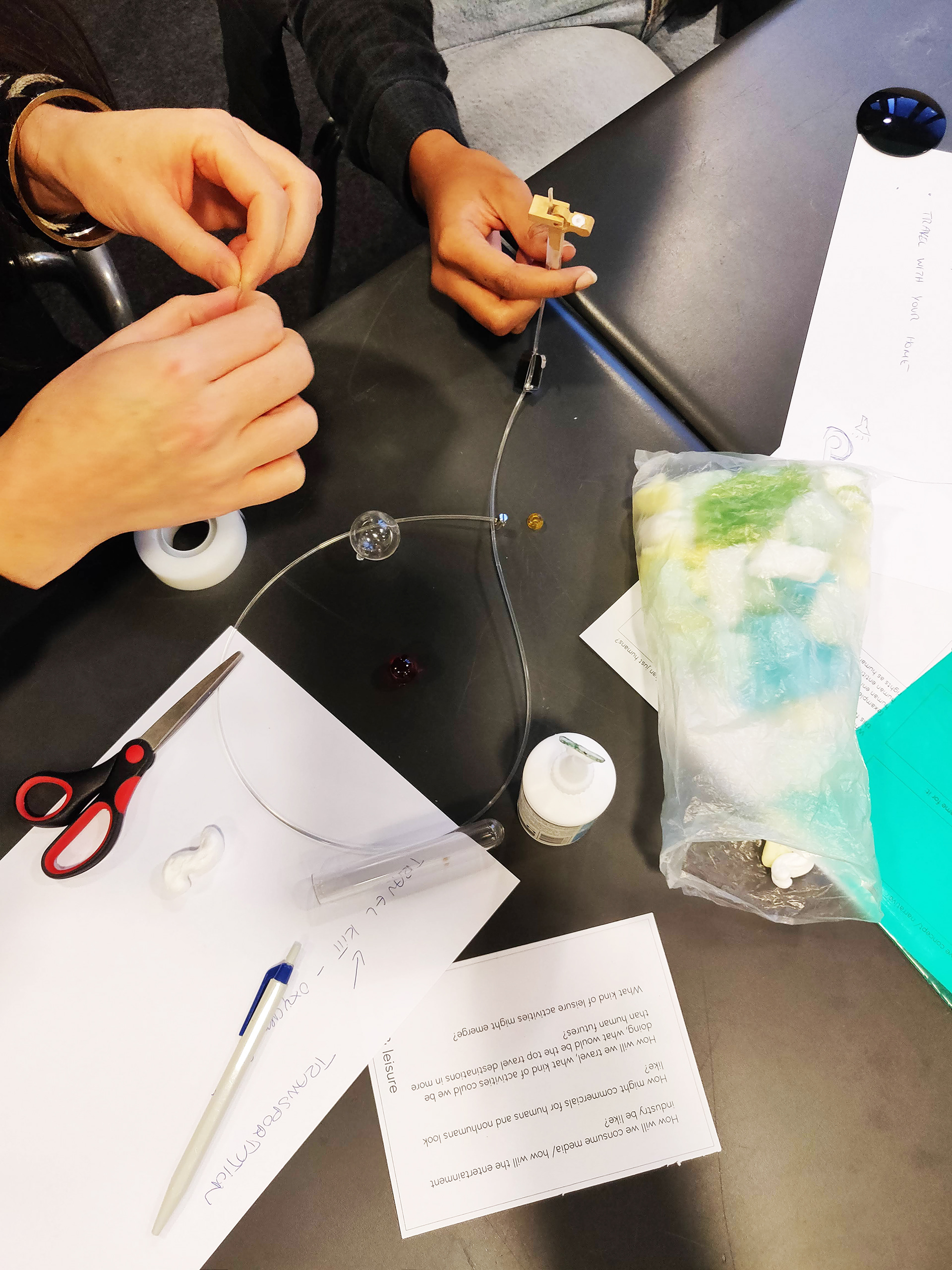
Research, Concept, Writing, Design: Juliana Schneider





